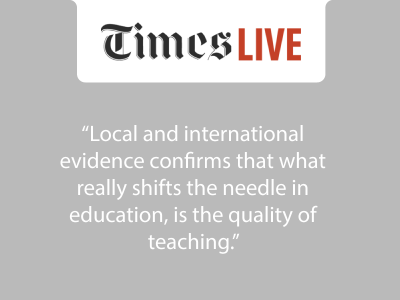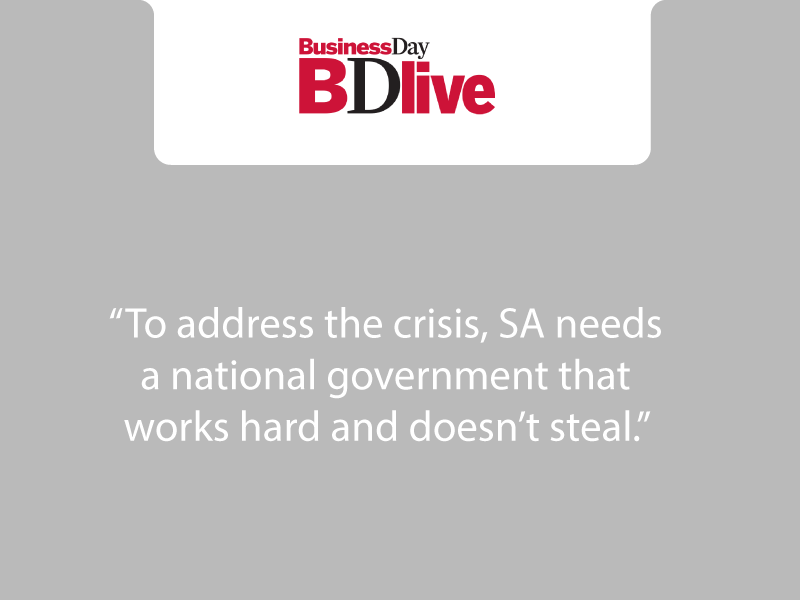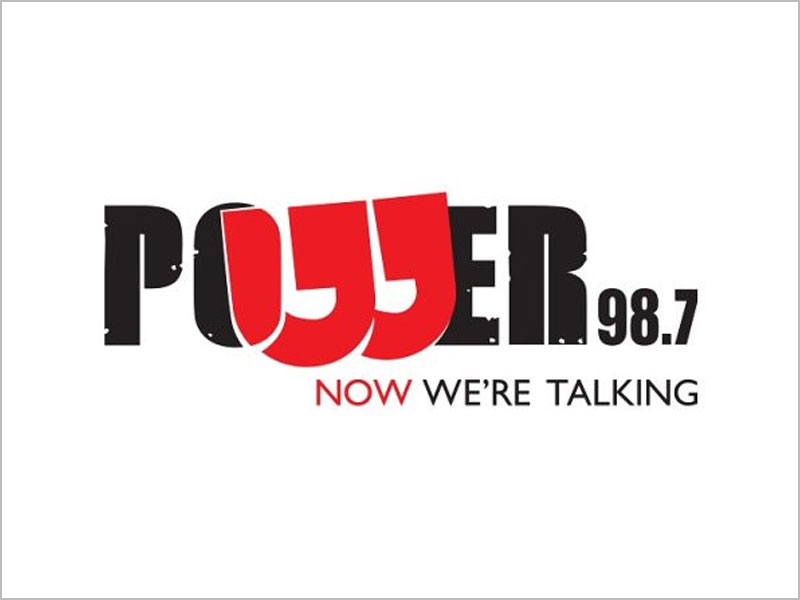
This letter was in response to this opinion piece by Jonathan Jansen
Local and international evidence confirms that what really shifts the needle in education, is the quality of teaching.
Jonathan Jansen’s thoughtful review of The Silent Crisis, Centre for Development and Enterprise’s (CDE) new series of five reports on education reform, is a useful contribution and overall an encouraging endorsement from one of the country’s leading education voices (‘What powerful report gets right and wrong about education in SA’, TimesLIVE, 6 April 2023). He raises a number of important issues, and he is certainly correct that data and statistics — no matter how compelling — are not enough to get the government to act.
When we highlight that only 37% of grade 5 pupils have some basic mathematical knowledge, or that more than half of grade 1 pupils do not know all the letters of the alphabet after a year of schooling, the department of basic education (DBE) just shrugs its shoulders.
When we point out that South African pupils came third from bottom in the most recent international Trends in Mathematics and Science Study and last in the 2016 Progress in International Reading Literacy Study, minister Motshekga’s office says that this is old news.
So yes, it is true that we need more than compelling evidence to effect change. This is why in CDE’s new reports on education we are calling for pressure from below to effect change, starting with next year’s election. We looked at many cases of schooling reform in Latin America, Africa and elsewhere in the world, and it was clear that success resulted from a combination of effective leadership and voluble pressure from below.
CDE is not a political organisation, and we have no horse in the 2024 race. We believe there are reformers in most parties, and our hope is that increasing public “voice” for education reform will strengthen the likelihood that whoever comprises the country’s new government will take the need to fix our schools seriously and make the hard choices this will require.
We are encouraged that an expert with Jonathan Jansen’s knowledge agrees with CDE that the quality of teaching must be central to any reform agenda. As founder of Future Nation schools Sizwe Nxasana says: “There is no education system that can be better than the quality of its teachers.”
This point is often lost in debates on education in South Africa. Instead, many role players — especially in civil society and media — tend to focus overwhelmingly on infrastructure and perhaps understandably so. A lack of decent sanitation, the existence of mud schools and children learning under trees feel more tangible and immediately fixable than the quality of teaching. The recent tragic death of a pupil in a school pit latrine is certainly a grave human rights issue, and an indictment on the department of basic education.
But all local and international evidence confirms that what really shifts the needle in education, is the quality of teaching. According to professor Nic Spaull, in South Africa, four out of five teachers in public schools lack the content knowledge and pedagogical skills to teach their subjects, and proficiency levels of South African teachers (41%) rank far below that of their peers in Kenya (95%) and Zimbabwe (87%). Many teachers also lack motivation to do their jobs properly: South Africa has the highest teacher absenteeism rate of all Sadc countries.
The absence of accountability in the system is an important factor behind the dysfunctional state of the education bureaucracy. It also explains why teachers do not get the support they need, and why teachers often feel unmotivated or get away with doing the bare minimum. There is a wide-ranging consensus in the global literature on service delivery that strong systems of accountability are key for overall performance. The DBE itself agrees. In its 2020 Action Plan the department admits: “Insufficient discipline and accountability in the system, from the classroom up to the offices of some senior managers in the administration, continues to be a hurdle in the path of development.”
Sadtu — the country’s dominant teacher union — has agitated against proper performance management for teachers and the national department has caved in time and again. The result is a lack of accountability from teachers to principals, from principals to district officials, from district officials to provincial managers, from provinces to the DBE and the DBE to parliament, the president or the country. Public schools are rarely held accountable for their results by school governing bodies, parents or the communities in which they are situated.
The problem is that Sadtu membership extends deep into the DBE’s bureaucracy. A 2016 ministerial task team (MTT) found that in “six and possibly more of the nine provinces … Sadtu is in de facto charge of the management, administration and priorities of education”. At the time of the MTT’s release, all deputy directors-general of the DBE were Sadtu members, frequently attending union meetings.
Jonathan Jansen argues that Sadtu is no longer the force it once was in education. If — and there are other views on this — that is true then it would be good news as Sadtu has prevented important reforms in the past. A good place to test his hypothesis would be the urgent reintroduction of the annual national assessments (ANAs) followed by the re-invigoration of the National Education Evaluation & Development Unit (NEEDU) as an independent arms-length evaluation body as originally envisaged.
Of course, not all of us who genuinely care and think deeply about education are going to agree on everything. There are bound to be differences of opinion in both diagnosis and remedy, and this is a good thing. It is time to kick-start a serious debate and dialogue over what is wrong with our education system and how best to fix it.
Where we and professor Jansen agree is that the quality of education is an absolutely vital national priority and that we should all be shouting much louder, increasing the pressures for action much more forcibly, immediately and especially into the election campaign and with an eventual new national government, as well as provincial governments.
With The Silent Crisis, CDE has begun this conversation and offered our research and analysis. What is needed now is for every organisation, every leader and expert and all those citizens who care about our children, and the future of this country, to find their voice and up the pressure for better schooling.
Bernstein is head of the Centre for Development and Enterprise (CDE). This article is based on ‘The Silent Crisis: Time to fix SA’s schools’, a new series of five CDE reports.
Article published by the Timeslive




